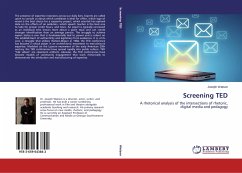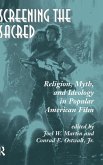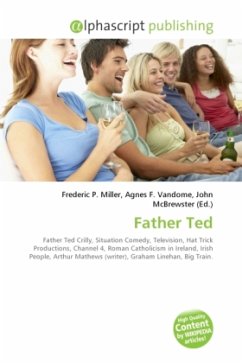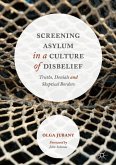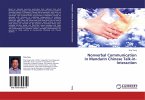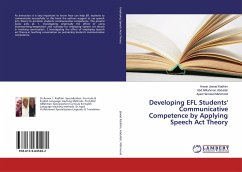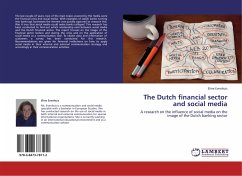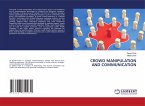The presence of expertise resonates across our daily lives. Experts are called upon to consult us about which candidate is ideal for office, which type of wood is the best choice for a carpentry project, which scientist has optimal data on the effects of air pollution, which speech teacher is the best one to take for proper credit hours, and more. An expert is typically conceived as an individual who knows more about a given topic and can create stronger identification than an average person. The struggle to achieve expert status is one that is fundamentally tied to power and is reliant on the establishment of authenticity and legitimacy from audiences. It is, at its core, a struggle that utilizes rhetoric.Begun in 1984, the TED conference has become a critical player in an architectonic movement to manufacture expertise. Modeled on the Lyceum movement of the early American 20th century, the TED conferences have spread rapidly into public culture. TED "talk videos" are classroom artifacts. Likewise, the TED conferences have become models of community engagement that work rhetorically to demonstrate the attribution and manufacturing of expertise.
Bitte wählen Sie Ihr Anliegen aus.
Rechnungen
Retourenschein anfordern
Bestellstatus
Storno

